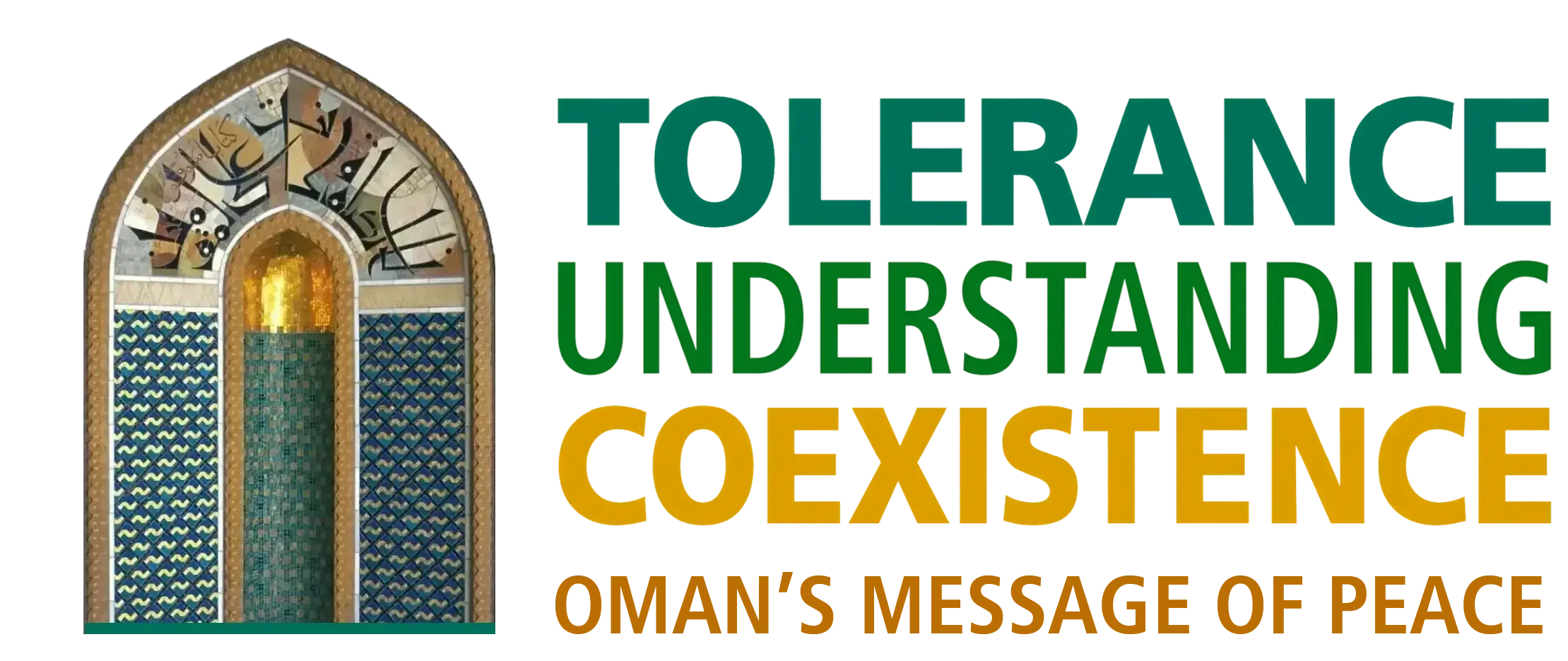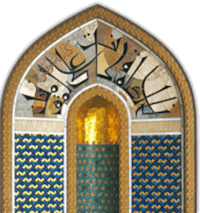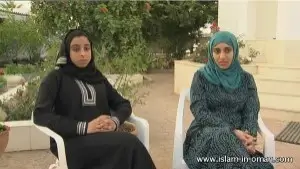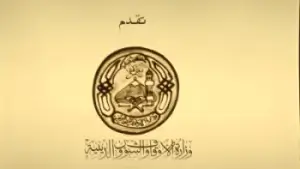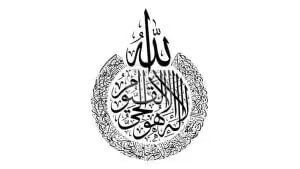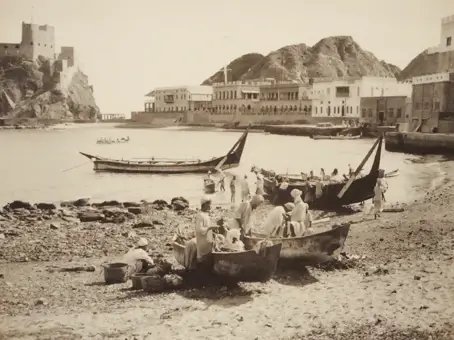
Many reports and letters of travelers and diplomats throughout history demonstrate that Oman practices its peaceful philosophy and tolerance for centuries.
Quote from the Englishman John Ovington, chaplain to King James II, on his visit to Muscat in 1633:
“These Arabians are very courteous and extremely civil to all strangers. They offer neither violence nor affront in any way. And though they are very tenacious of their own principles, and admirers of their own religion, yet do they never impose it on any. Nor are their morals evened with such furious zeal, as to divert them of humanity and a tender respect ...”
“In fine, these are a people naturally temperate and just. They are imbued with those excellent qualities which Grecian philosophers and Roman moralists endeavoured to inspire into their subjects. Though they missed their aim.”
American businessman and diplomat, Edmund Robert, visited Sayyid Said in 1833 and reported about the ruler of Oman:
“All religions, within the Sultan's dominions, are not merely tolerated, but they are protected by his highness. There is no obstacle whatever to prevent Christians, Jew, or Gentiles, from preaching their peculiar doctrines, or erecting temples.”
In 1824, Captain George Keppel, a British traveller, visited Muscat while coming back from India to England, he characterizes the Muslims of Oman as follows:
“They worship no saints; and have neither convents nor dervishes. They have a great regard for justice; and a universal toleration of other religions.”
Carsten Niebuhr, a German traveller, visited Muscat on January 3, 1765. He reports:
“Banians from India are settled in great numbers in the commercial citie. At Mokha in Jemen they suffer many mortifications. But in Muscat, among the tolerant sect of the Beiasi, they are permitted to observe the laws, and cultivate worship of their own religion without disturbance.”
Peace as Foreign Policy Educating the Youth Countering Terrorism Mutual Understanding Religious Tolerance in Zanzibar

